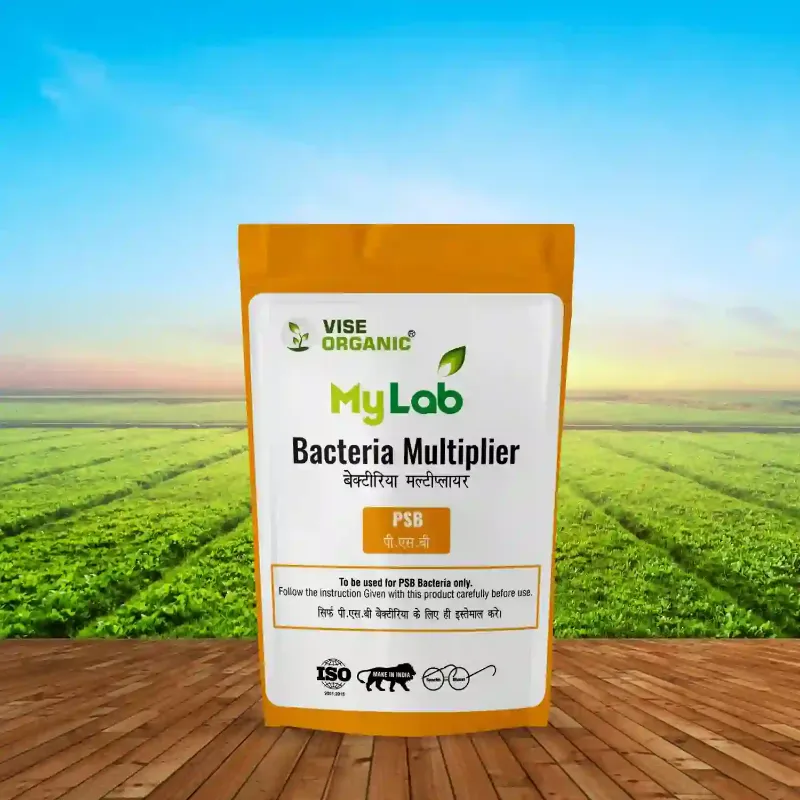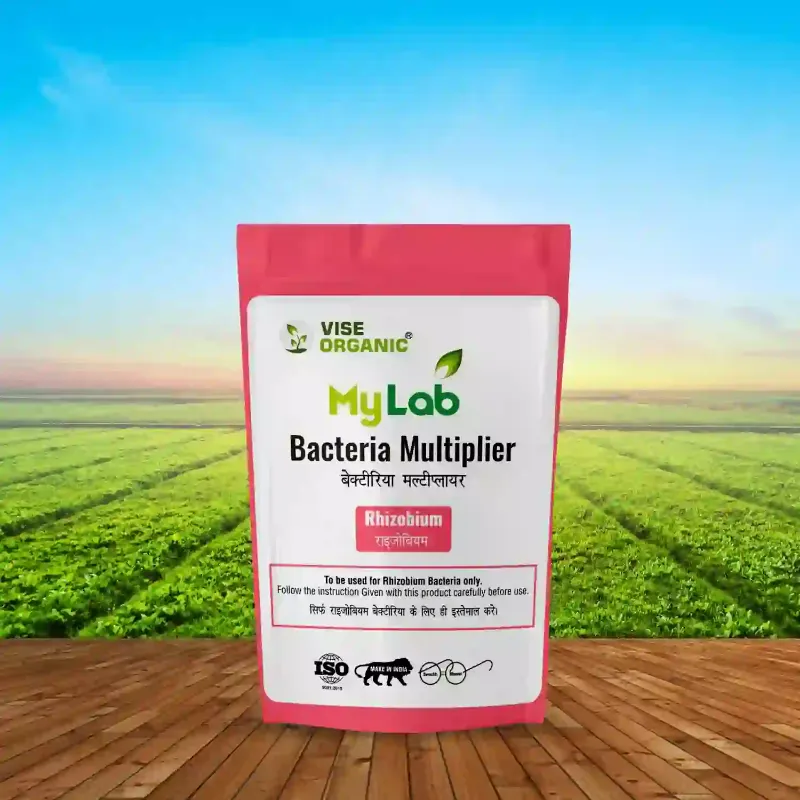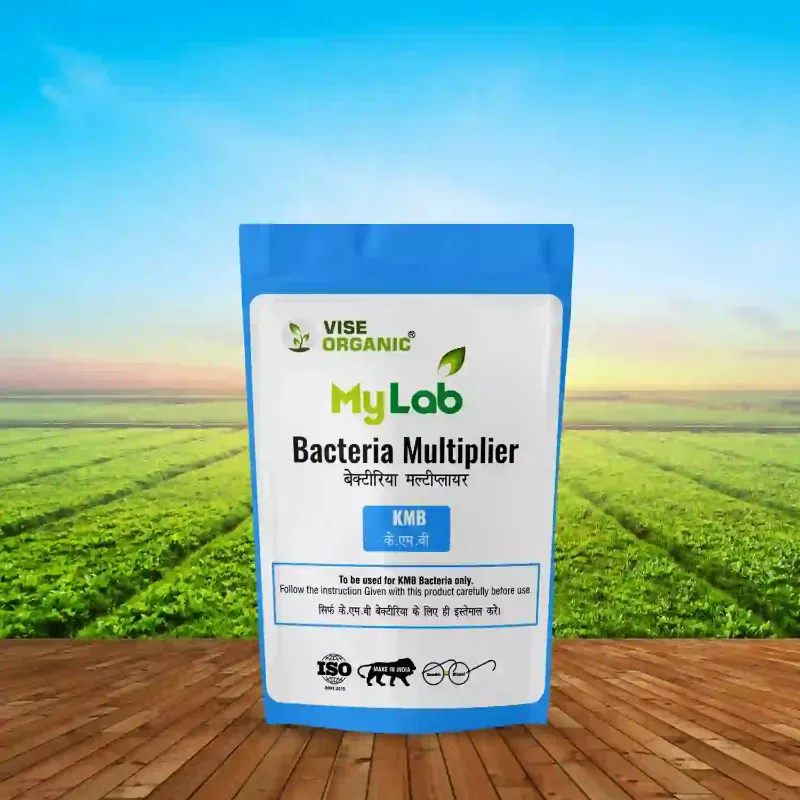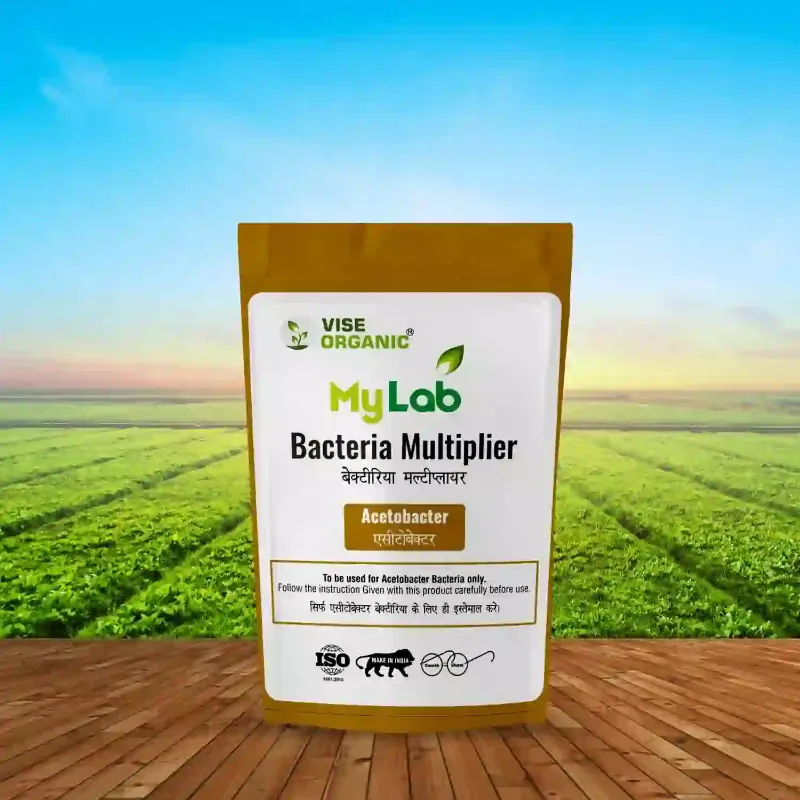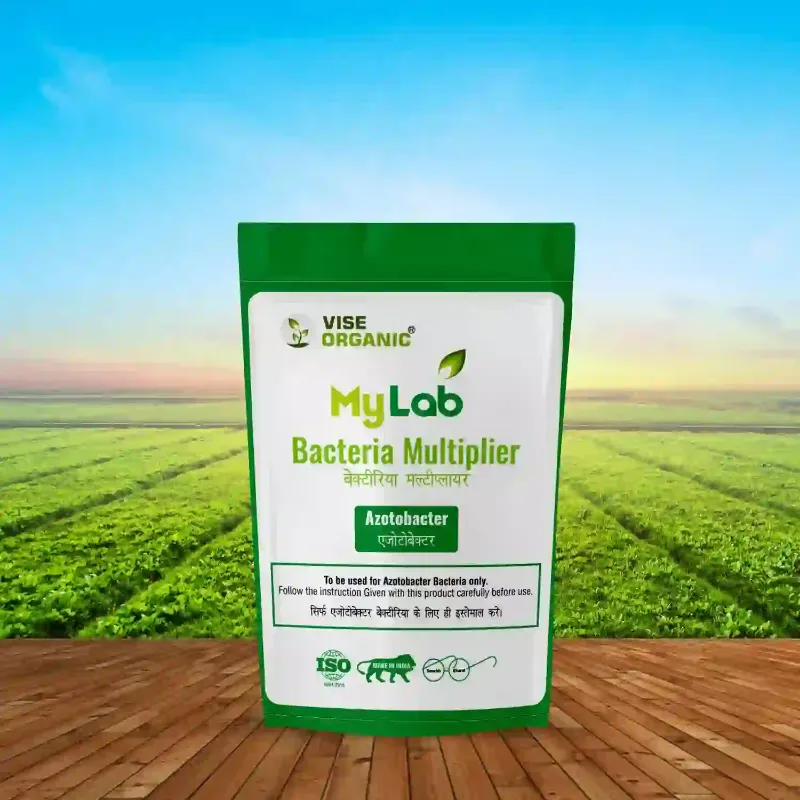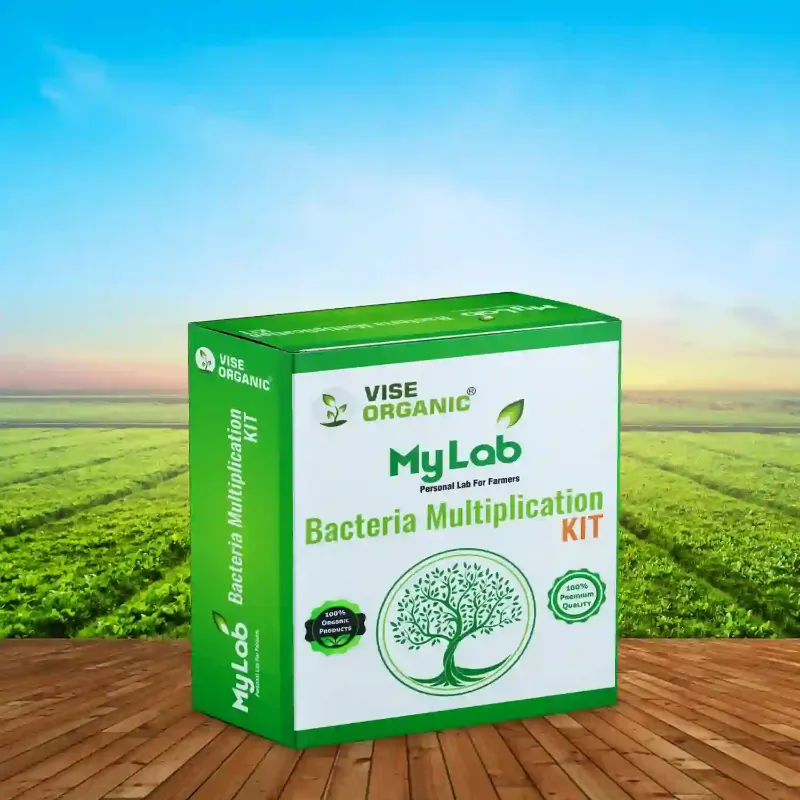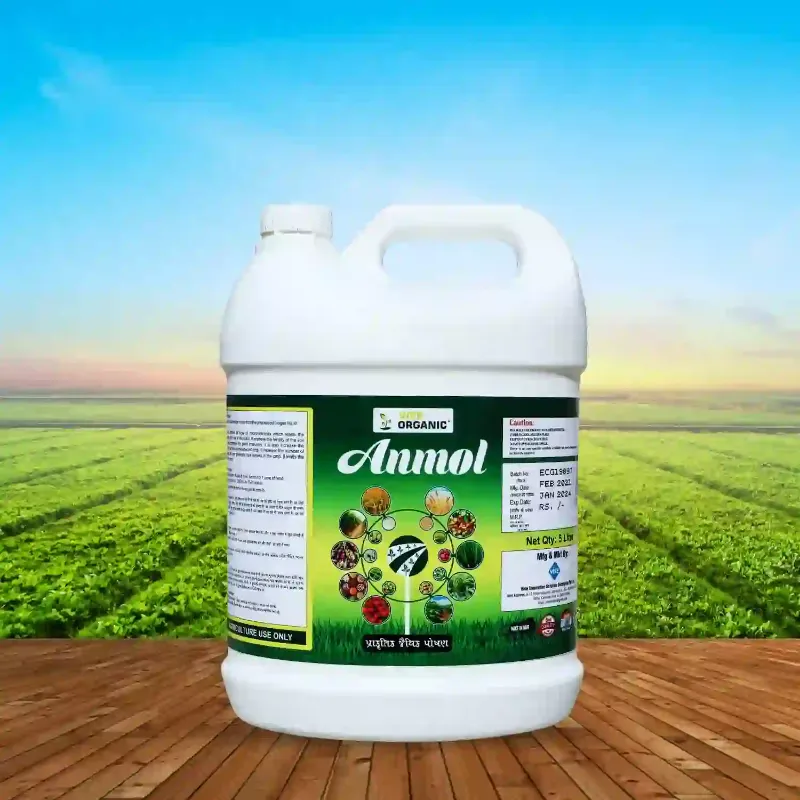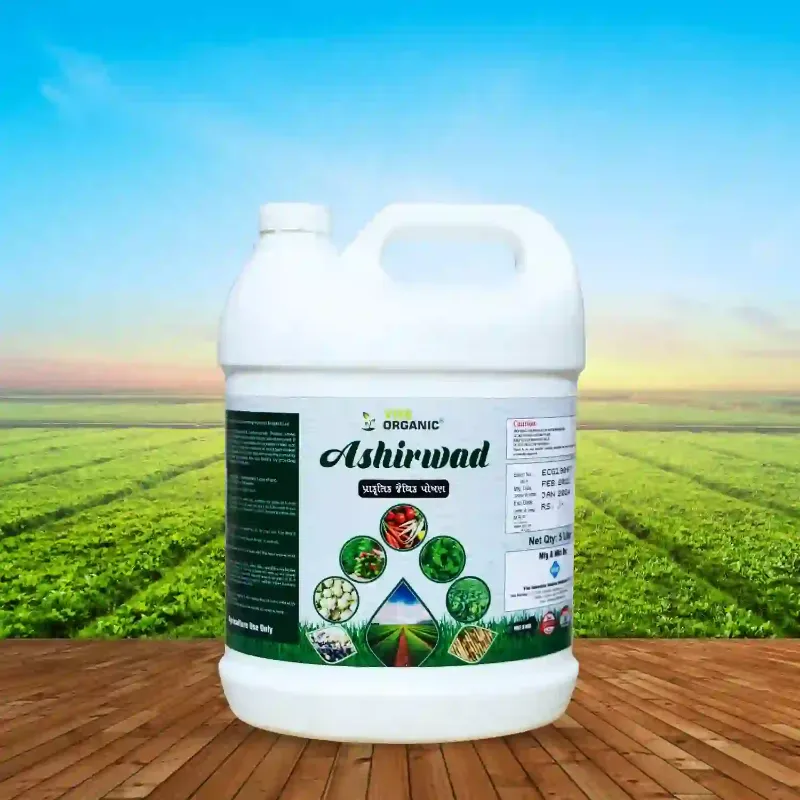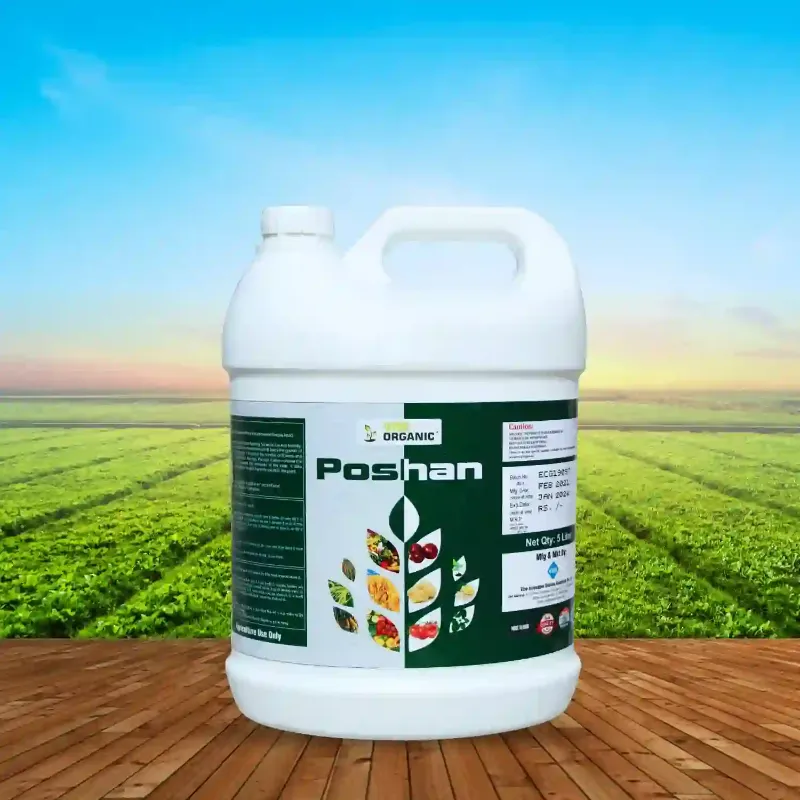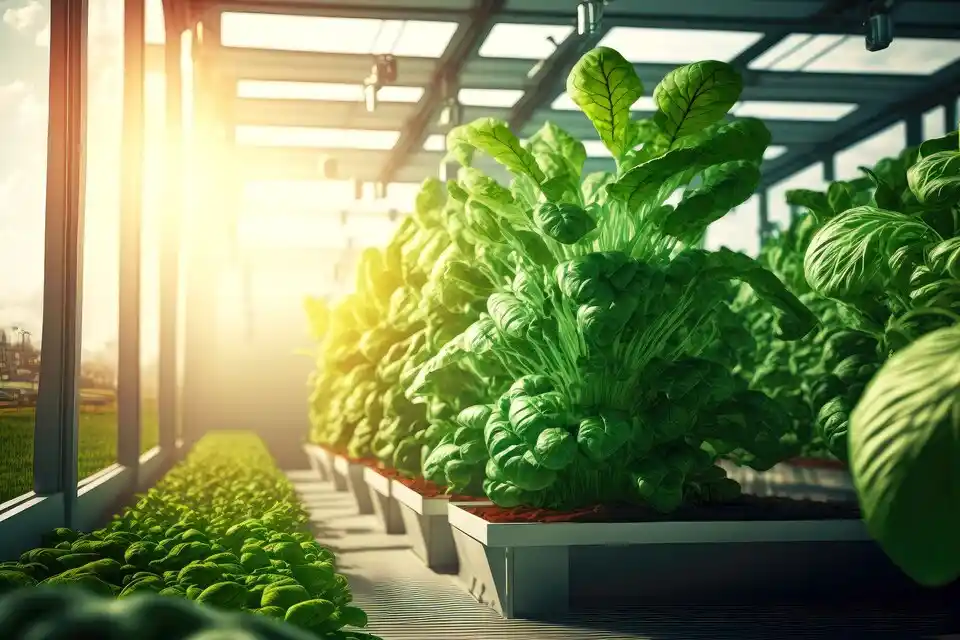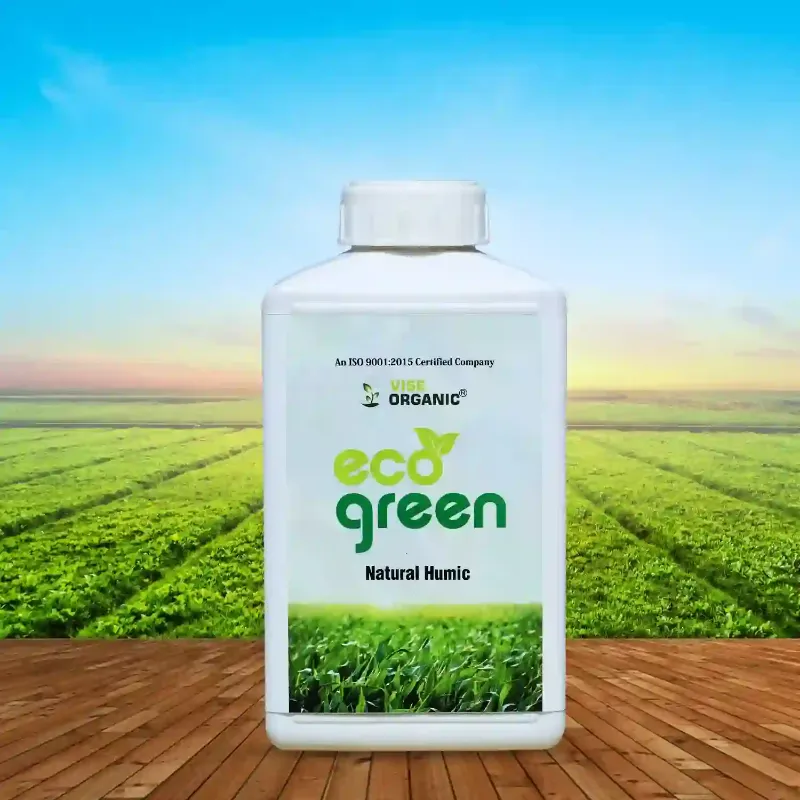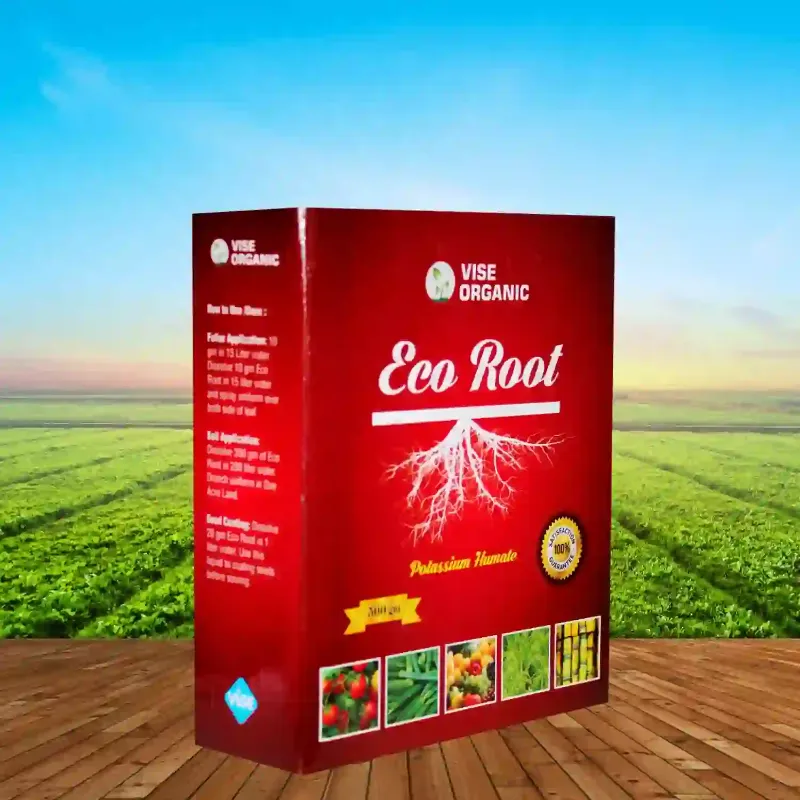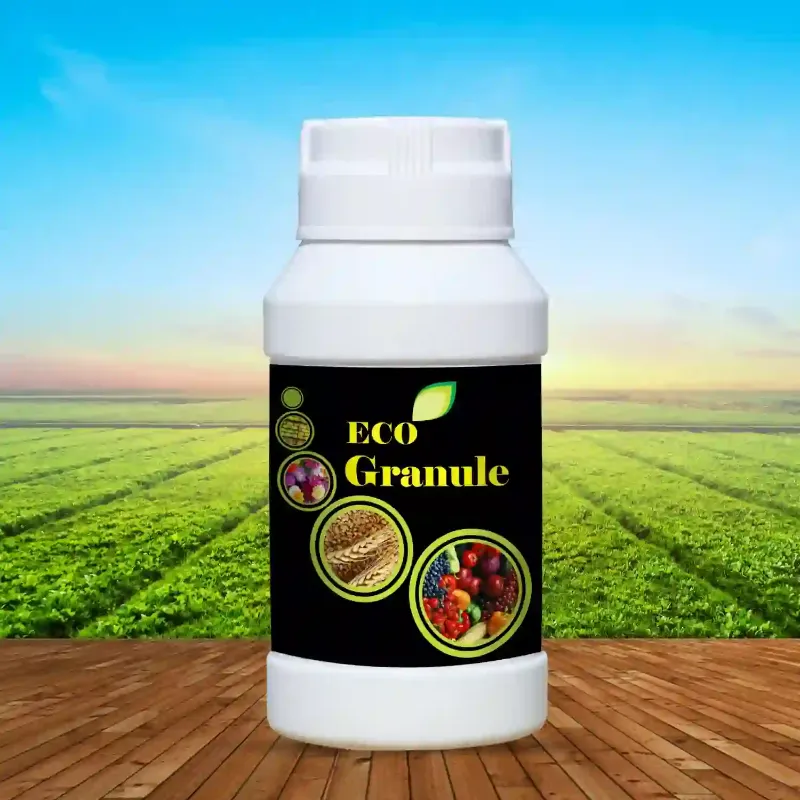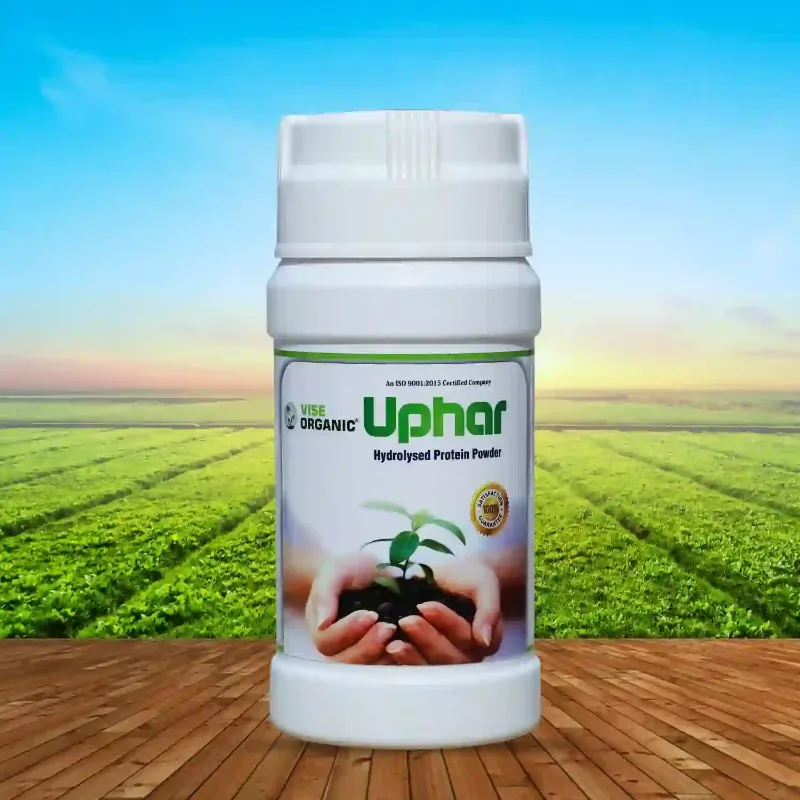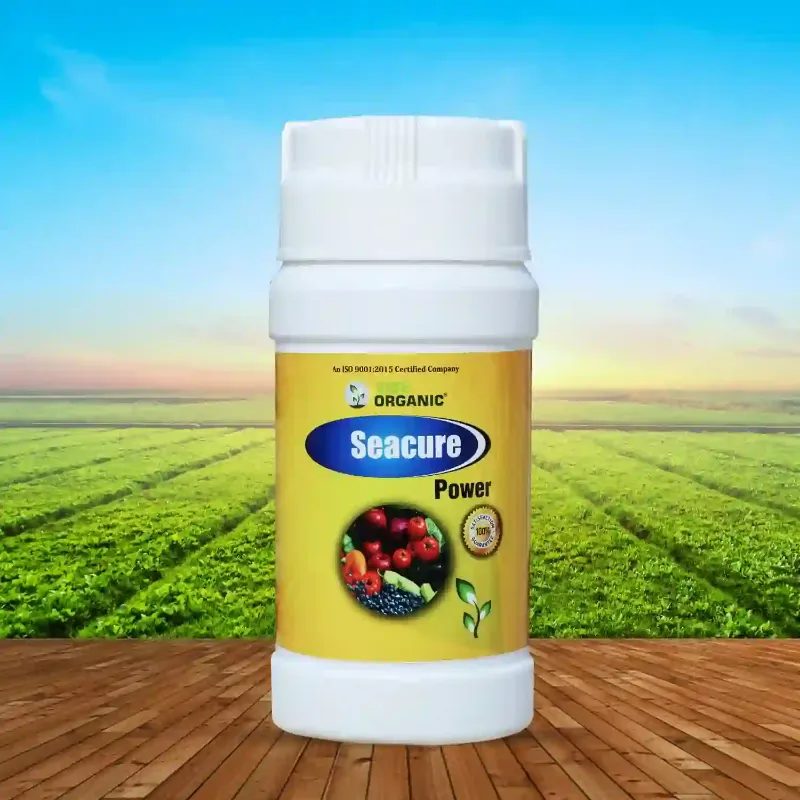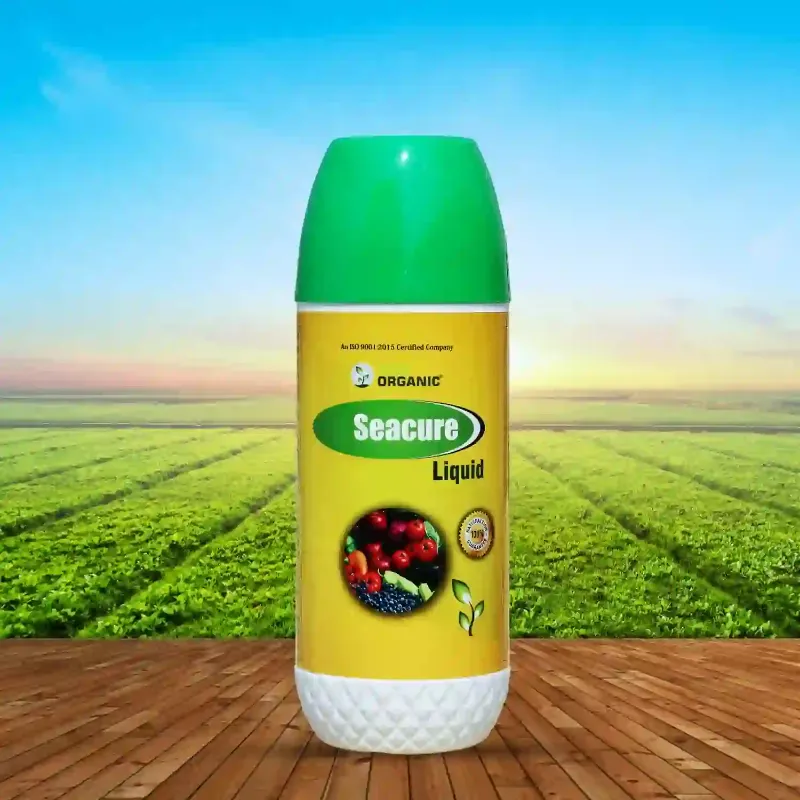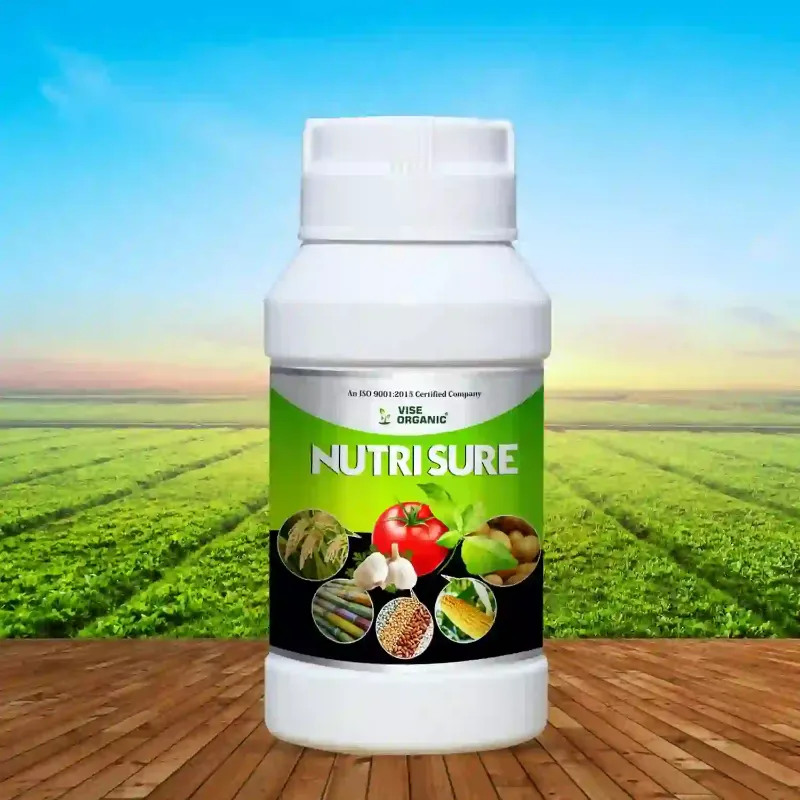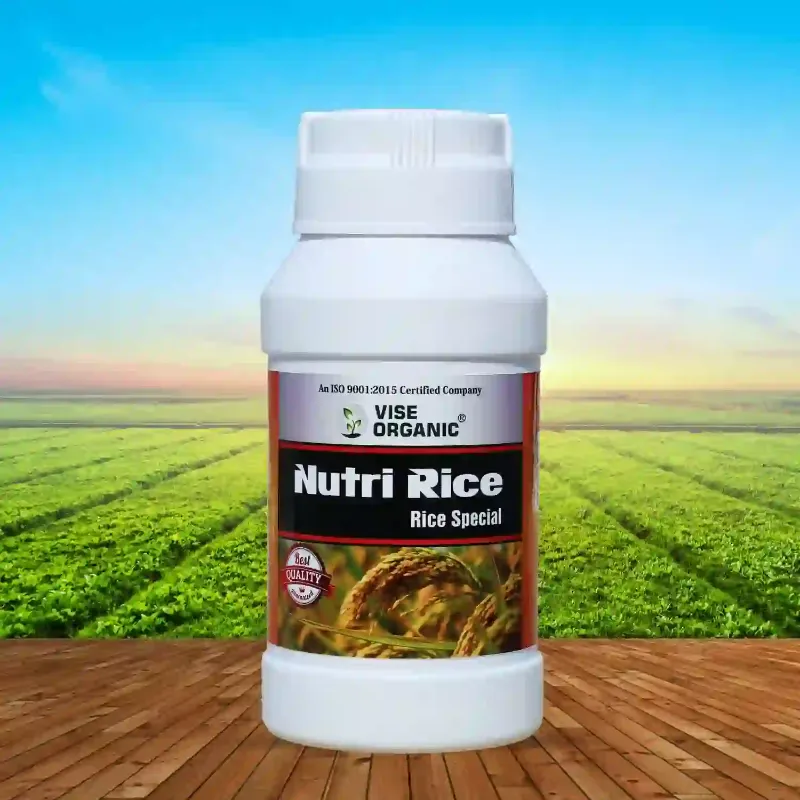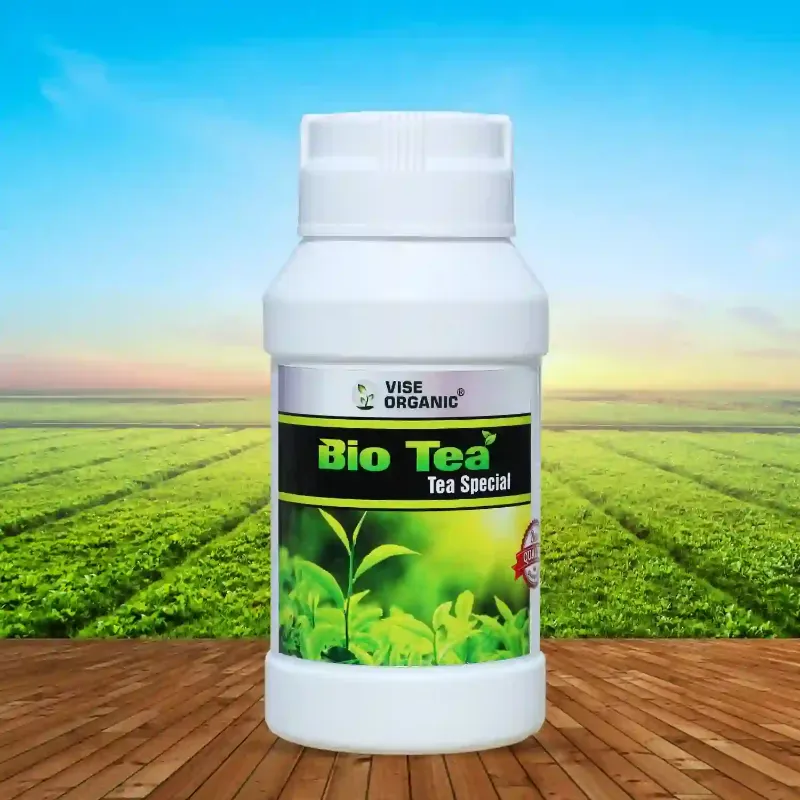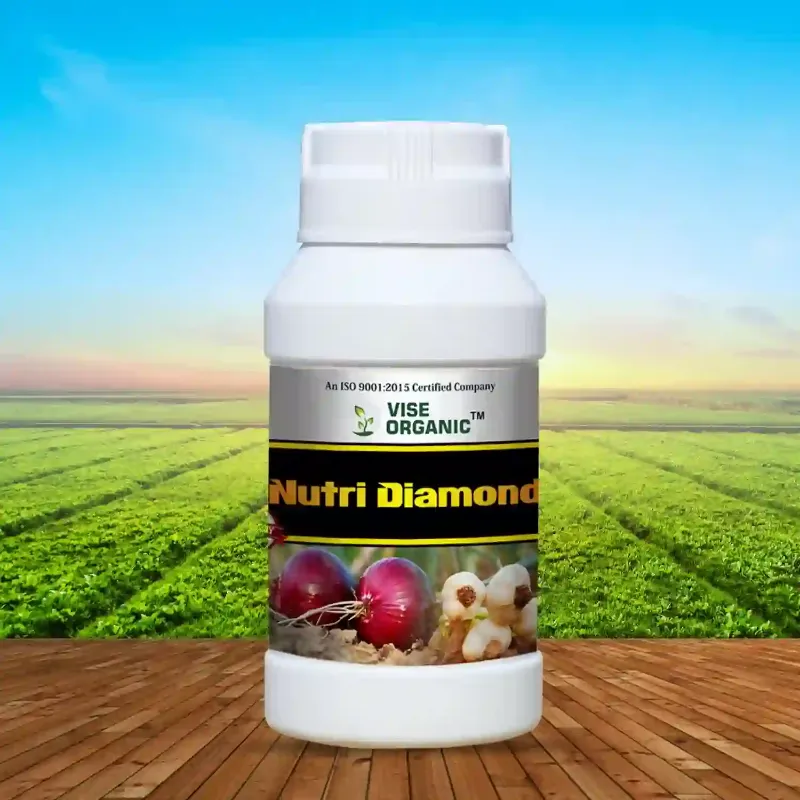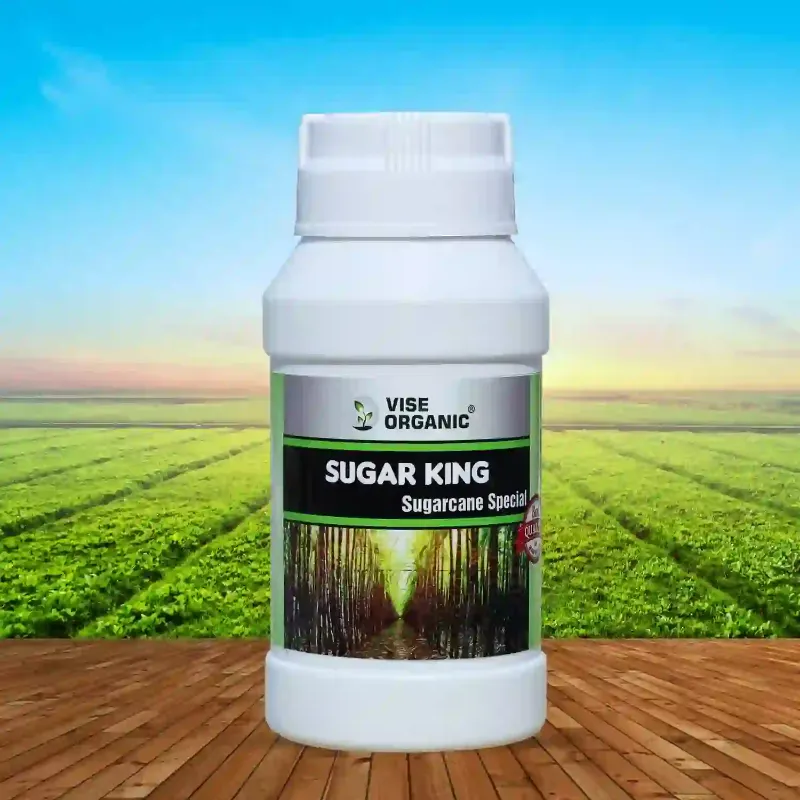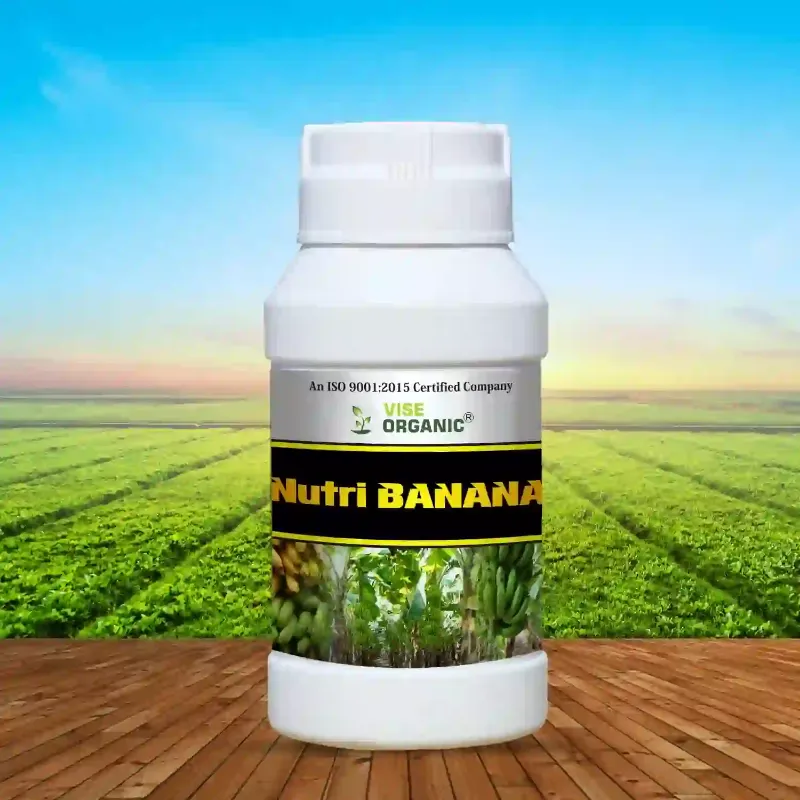In the ever-evolving landscape of agriculture and horticulture, advancements in fertilizer technologies continue to revolutionize the way nutrients are delivered to plants, maximizing nutrient absorption and promoting healthier, more productive growth. These innovative approaches address challenges such as nutrient leaching, soil nutrient availability, and plant nutrient uptake efficiency, ultimately enhancing plant performance while minimizing environmental impact.
Controlled-Release Fertilizers
– Controlled-release fertilizers (CRFs) release nutrients gradually over an extended period, providing plants with a steady supply of nutrients. Special coatings or materials formulate them to regulate nutrient release, ensuring plants have them when needed. CRFs improve nutrient use efficiency, reduce nutrient leaching, and minimize the risk of over-fertilization, resulting in healthier plants and reduced environmental impact.
Micronutrient-Enhanced Fertilizers
– Micronutrient-enhanced fertilizers contain added iron, zinc, manganese, and boron, which plants need for various metabolic processes. These fertilizers ensure that plants have access to a balanced blend of macro and micronutrients, promoting optimal growth, development, and overall health. By addressing micronutrient deficiencies, these innovative fertilizers enhance nutrient absorption and support thriving plant growth.
Biostimulant Fertilizers
– Biostimulant fertilizers contain biologically active compounds that stimulate plant growth and enhance nutrient uptake. These compounds may include beneficial microorganisms, enzymes, amino acids, and plant hormones that improve nutrient absorption efficiency, root development, and overall plant vigor. Biostimulant fertilizers promote symbiotic relationships between plants and soil microbes, optimizing nutrient cycling and increasing nutrient availability in the rhizosphere.
Nano-Fertilizers
– Nano-fertilizers enhance nutrient solubility, uptake, and translocation within plants by engineering nutrients into nano-sized particles. These ultrafine particles penetrate plant tissues more efficiently, allowing for targeted nutrient delivery to specific plant organs. Nano-fertilizers improve nutrient absorption rates, reduce nutrient losses due to leaching or volatilization, and enhance nutrient use efficiency, ultimately leading to improved plant growth and productivity.
Smart Fertilizers
– Smart fertilizers with advanced technologies like nutrient sensors, release triggers, and responsive coatings adjust nutrient release rates based on environmental conditions or plant needs. These innovative fertilizers optimize nutrient delivery by synchronizing nutrient release with plant demand, ensuring that nutrients are available when and where they are needed most. Smart fertilizers maximize nutrient absorption by plants while minimizing nutrient losses, resulting in more efficient fertilizer use and improved crop yields.
In conclusion, innovative garden fertilizer technologies offer promising solutions for enhancing nutrient absorption by plants, optimizing nutrient use efficiency, and promoting sustainable agriculture. From controlled-release fertilizers to biostimulant formulations, these garden advancements pave the way for more efficient and environmentally friendly fertilization practices, ultimately contributing to healthier plants, higher yields, and a more resilient agricultural system.

